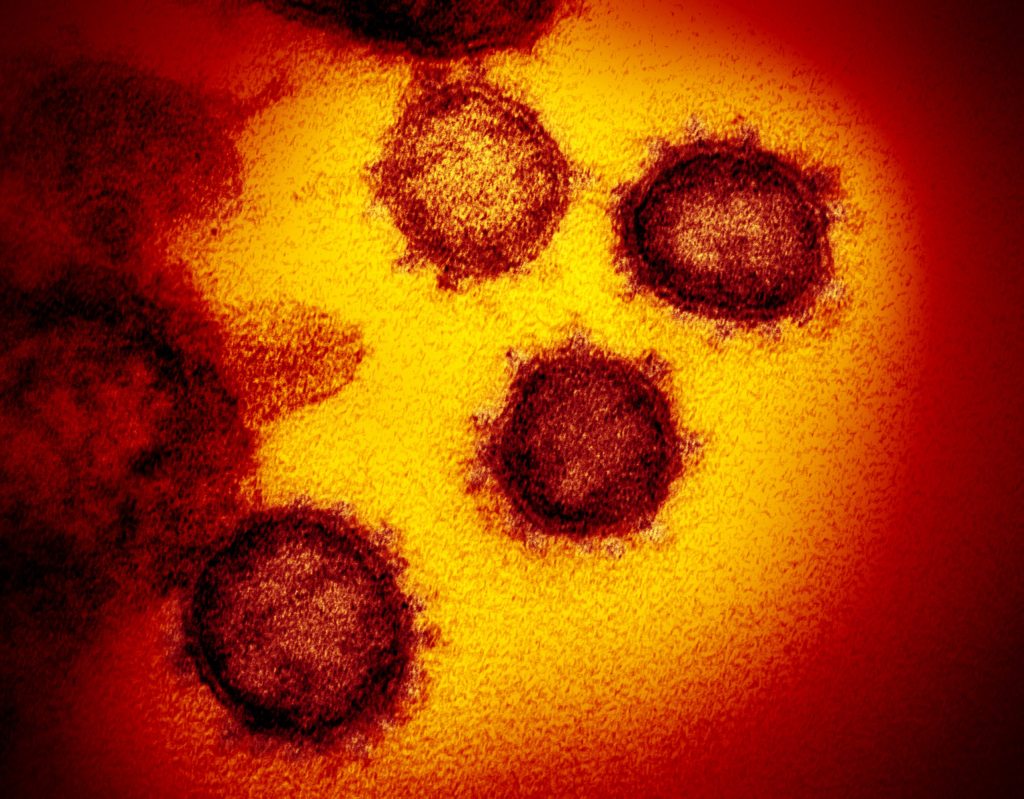In a strategy that now appears to be one of outright suppression, governments have put huge stock in the approval of a vaccine before too long. But could the answer turn out to be not a vaccine but an anti-viral drug? Research by a team from the University of Bristol in the UK and published in the journal Science on Wednesday has discovered a possible basis for a drug that could prevent the SARS-Cov-2 virus entering the human body.
While studying the spike protein that facilitates spread of the virus, the team, led by Imre Berger and Christiane Schaffitzel, unexpectedly found molecules of linoleic acid in a pocket of the protein.
Linoleic acid — as well as being a constituent of linseed oil and a component of many industrial processes such as the manufacture of linoleum — is an essential fatty acid that is required, among other things, to maintain cell membranes in the lungs.
But it also appears to be the molecule to which SARS-CoV-2 attaches itself in order to enter the human body. From the study of other diseases, interfering with the metabolic pathway of linoleic acid is known to cause severe inflammation. Low levels of linoleic acid have been detected in the blood of patients suffering from COVID-19.
[special_offer]
The challenge now is to develop a drug that distorts the spike protein of SARS-CoV-2 in such a way as to prevent it from attaching itself to molecules of linoleic acid. Similar drugs have already been developing to prevent rhinovirus from attaching itself to the lungs.
As the authors of the study note, for years the medical world invested huge efforts into the discovery of an elusive vaccine for HIV, yet in the event it was therapeutic drugs that made the disease less deadly. Of the hundreds of vaccines under development, some of which are now in late-stage trials, we can hope that at least one proves effective without causing serious side effects.
But if a vaccine fails, we now have a possible alternative route to tackling the virus. The University of Bristol has published an accessible account of the research here.
This article was originally published on The Spectator s UK website.


















